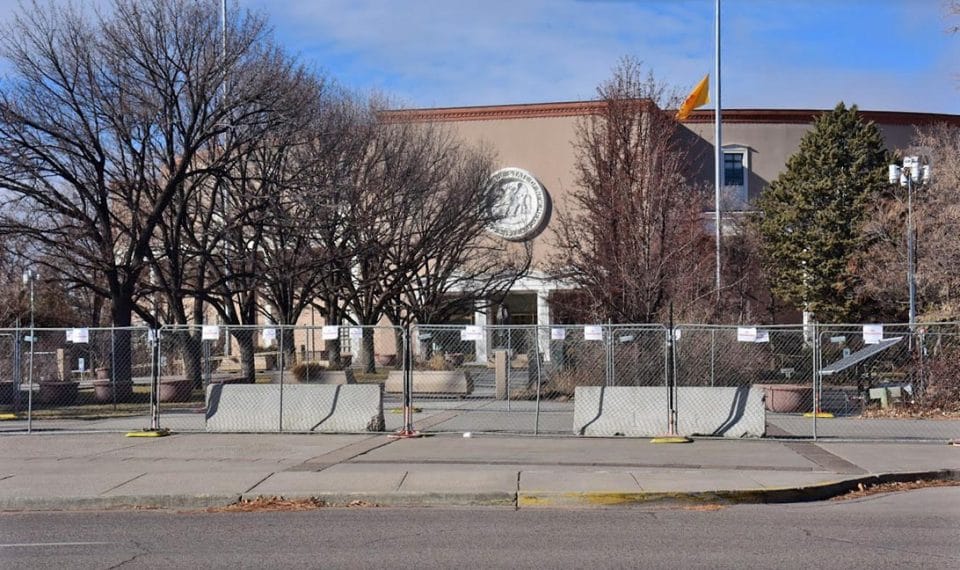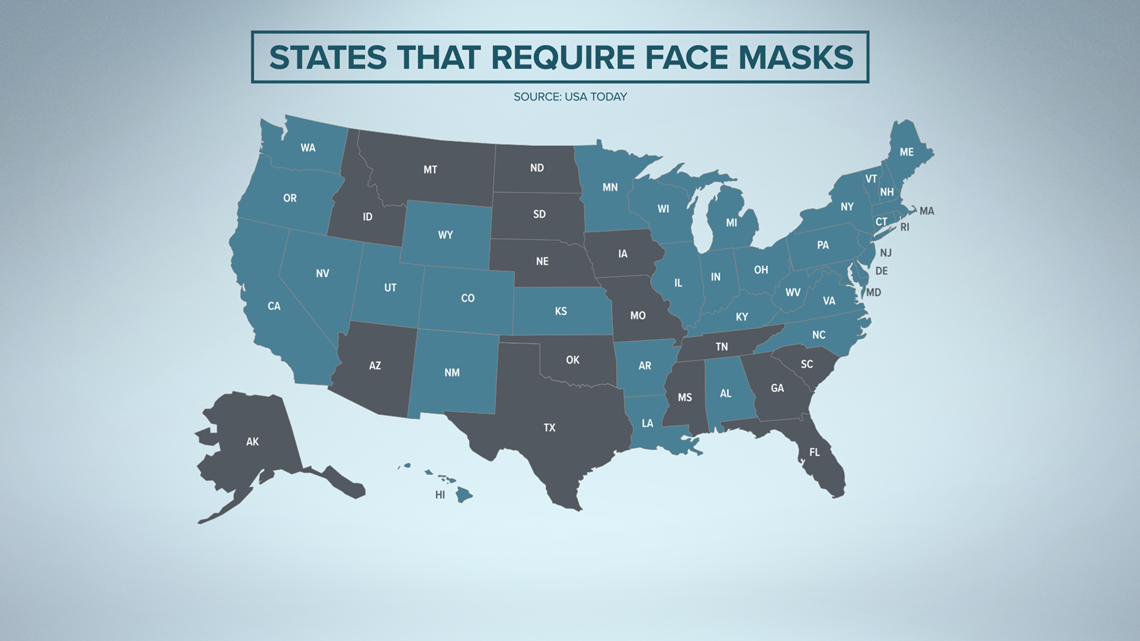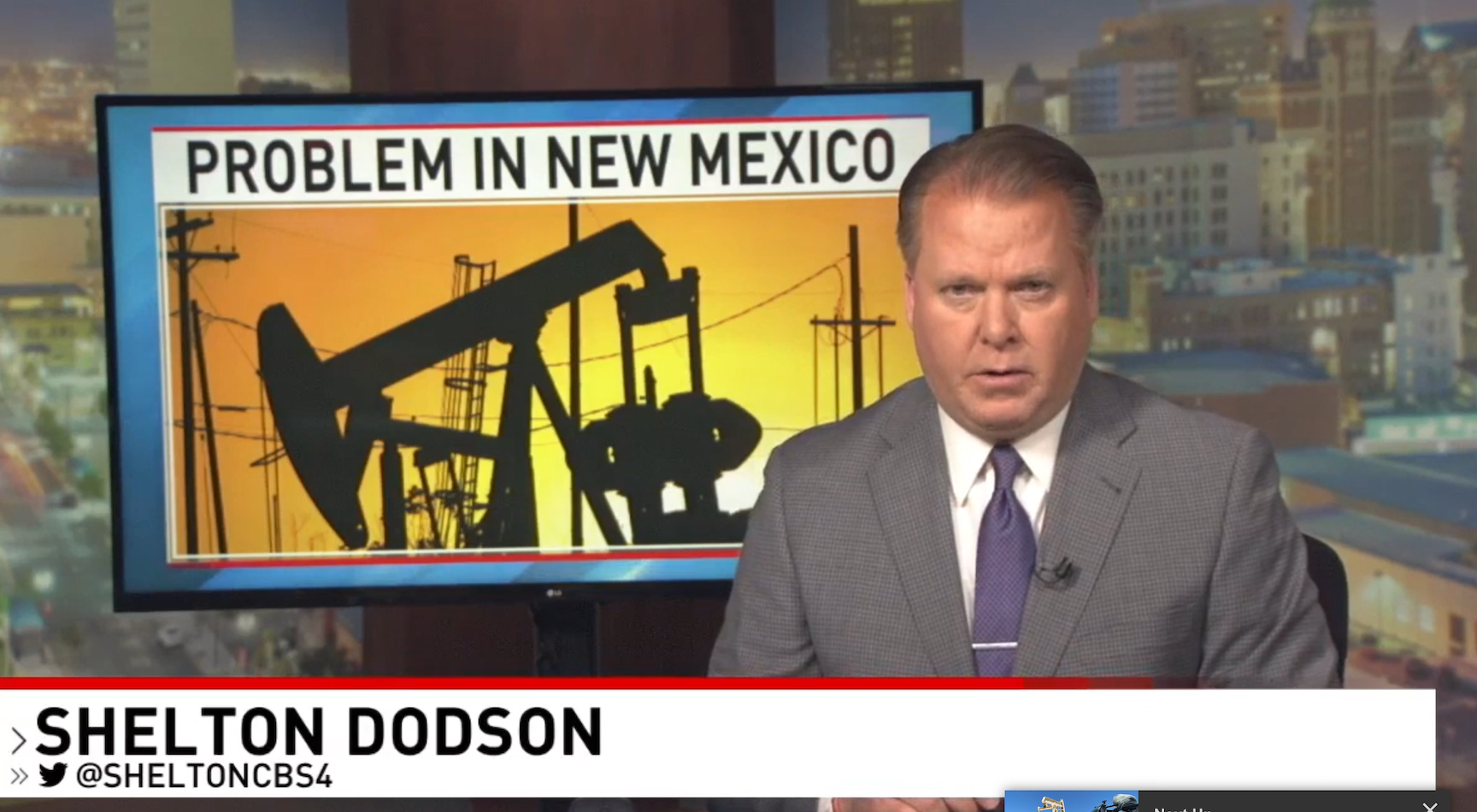On March 11, 2020, New Mexico Gov. Lujan Grisham signed the first of what would eventually become more than a year of COVID 19 restrictions.
In Albuquerque Paul Gessing’s County league basketball team won the championship while also hearing that the NBA had suspended its season.

Pretty quickly after that life shut down. Schools shut down and we attempted to deal with a messy transition to “virtual learning.” Albuquerque playgrounds even shut down, but we let the kids play anyway learning a form of civil disobedience at an early age.


We hiked in warm weather and cold.


We hunted Easter Eggs at the (shut down) park. We played in the Rio Grande (AKA the “Rio Rancho Riviera) and visited Yellowstone National Park in the summer.
We played in the Rio Grande (AKA the “Rio Rancho Riviera) and visited Yellowstone National Park in the summer.


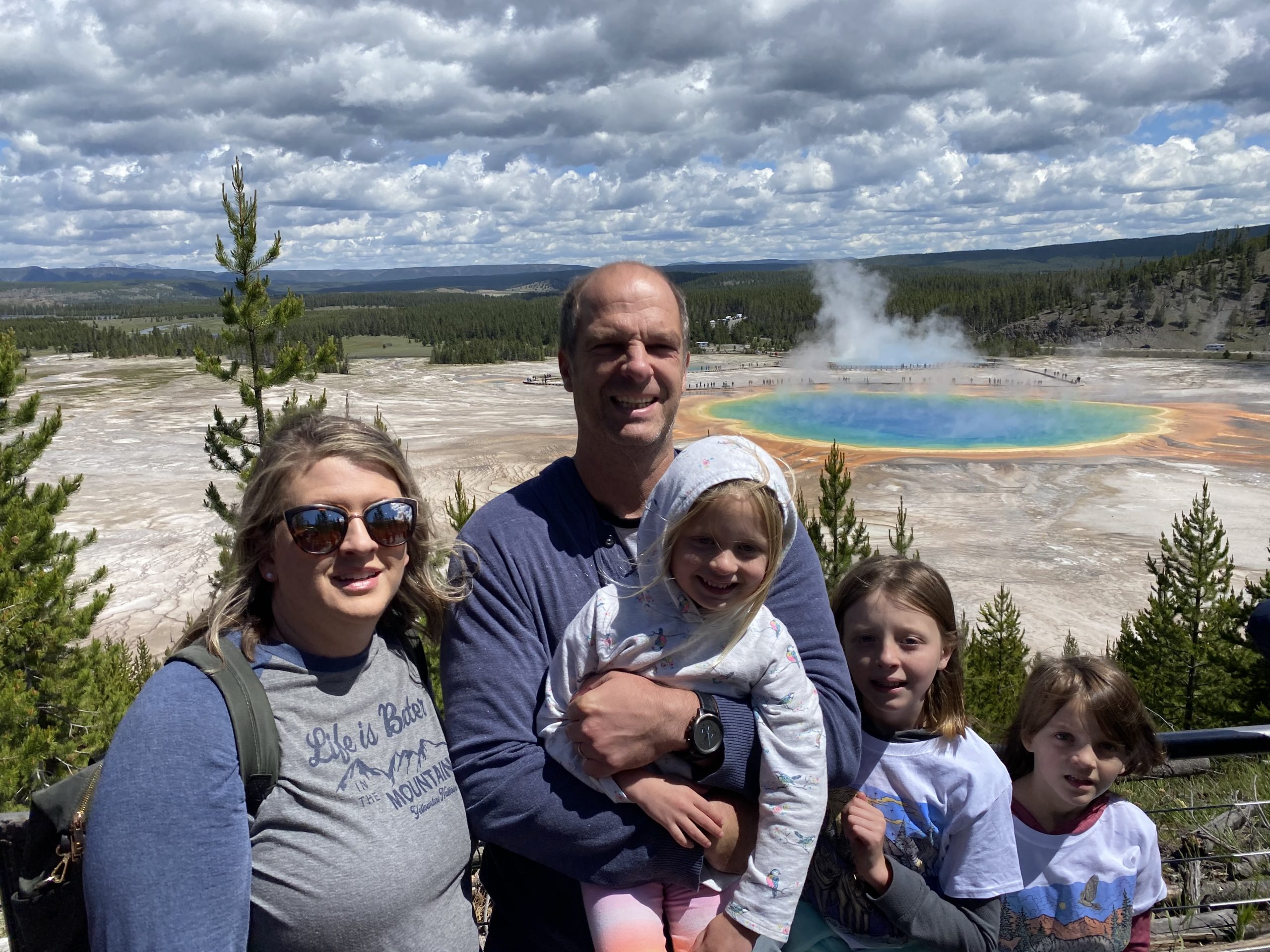
We went to preschool, but home schooled the two older children.

We went to an INDOOR Halloween Party at Calvary Church
We went trick or treating regardless of the government. WE went to Calvary Church for Christmas service and got socially-distant pictures taken with Santa.
WE went to Calvary Church for Christmas service and got socially-distant pictures taken with Santa.  Finally, we traveled twice to the Great Wolf Lodge in Scottsdale, AZ TWICE and did their ropes course and played in their waterpark which was open while nothing like that was available in New Mexico throughout.
Finally, we traveled twice to the Great Wolf Lodge in Scottsdale, AZ TWICE and did their ropes course and played in their waterpark which was open while nothing like that was available in New Mexico throughout.


 In big ways and small (and many more than listed here) we attempted to live both safely AND freely. This is just a fraction of the means we used to live free and enjoy life over the past year. None of the Gessing household including a 76 year old member of the household got COVID 19 over the past year.
In big ways and small (and many more than listed here) we attempted to live both safely AND freely. This is just a fraction of the means we used to live free and enjoy life over the past year. None of the Gessing household including a 76 year old member of the household got COVID 19 over the past year.

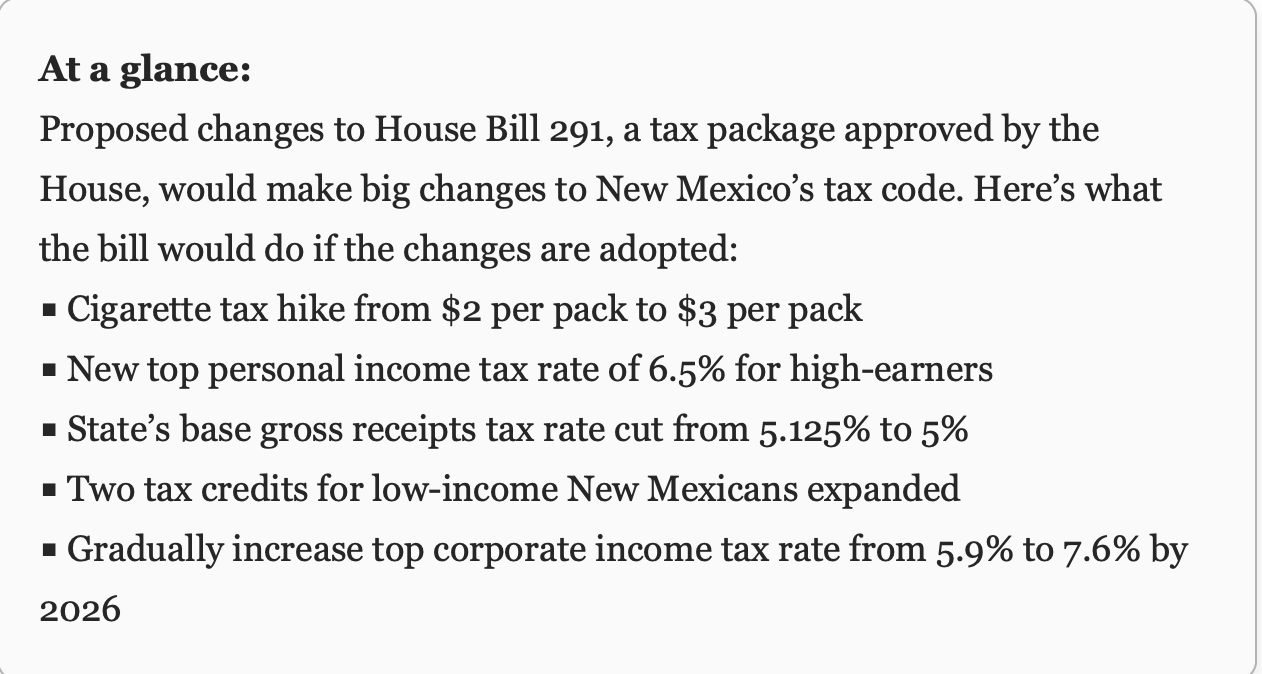 In summary, with
In summary, with 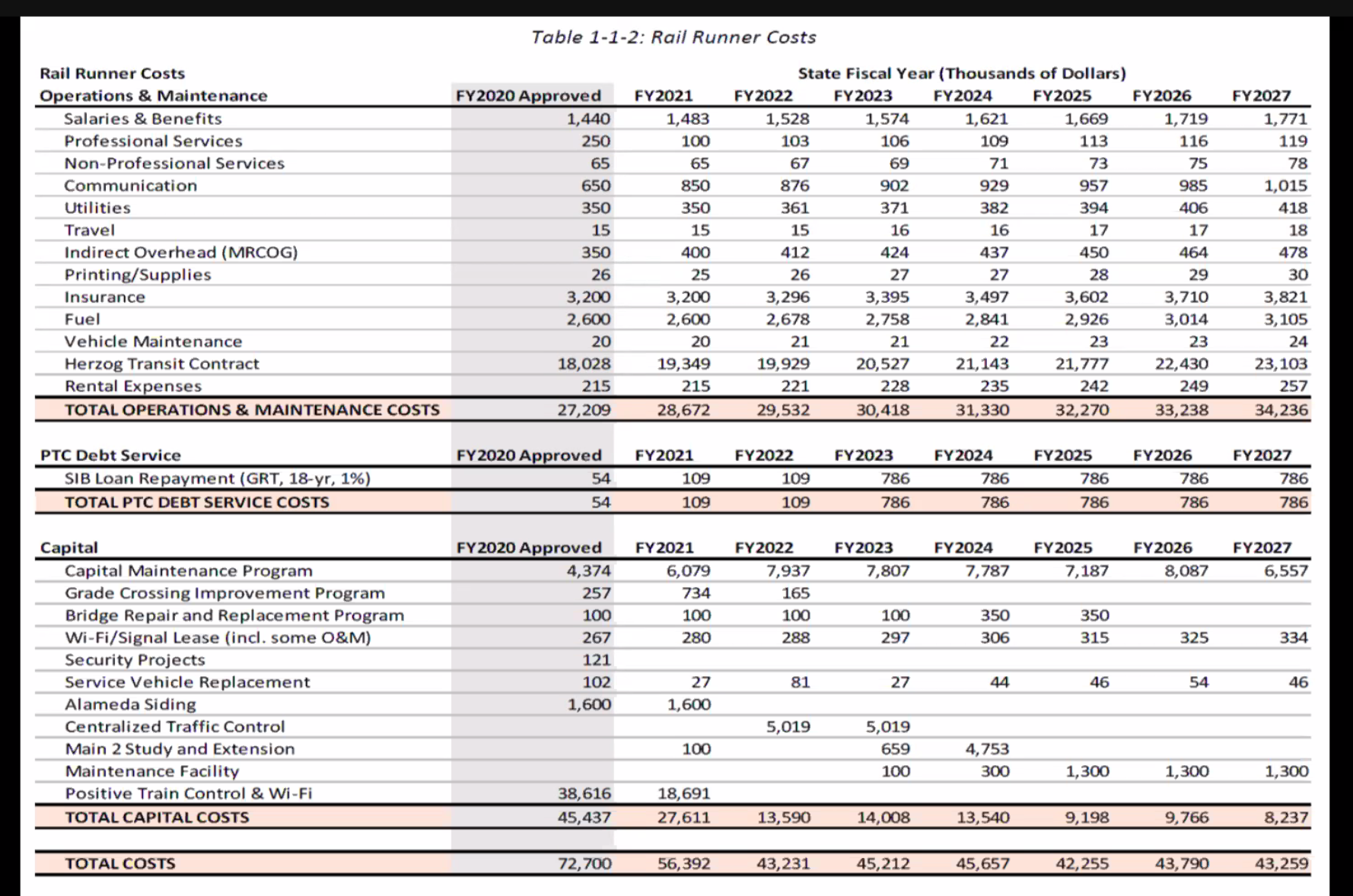
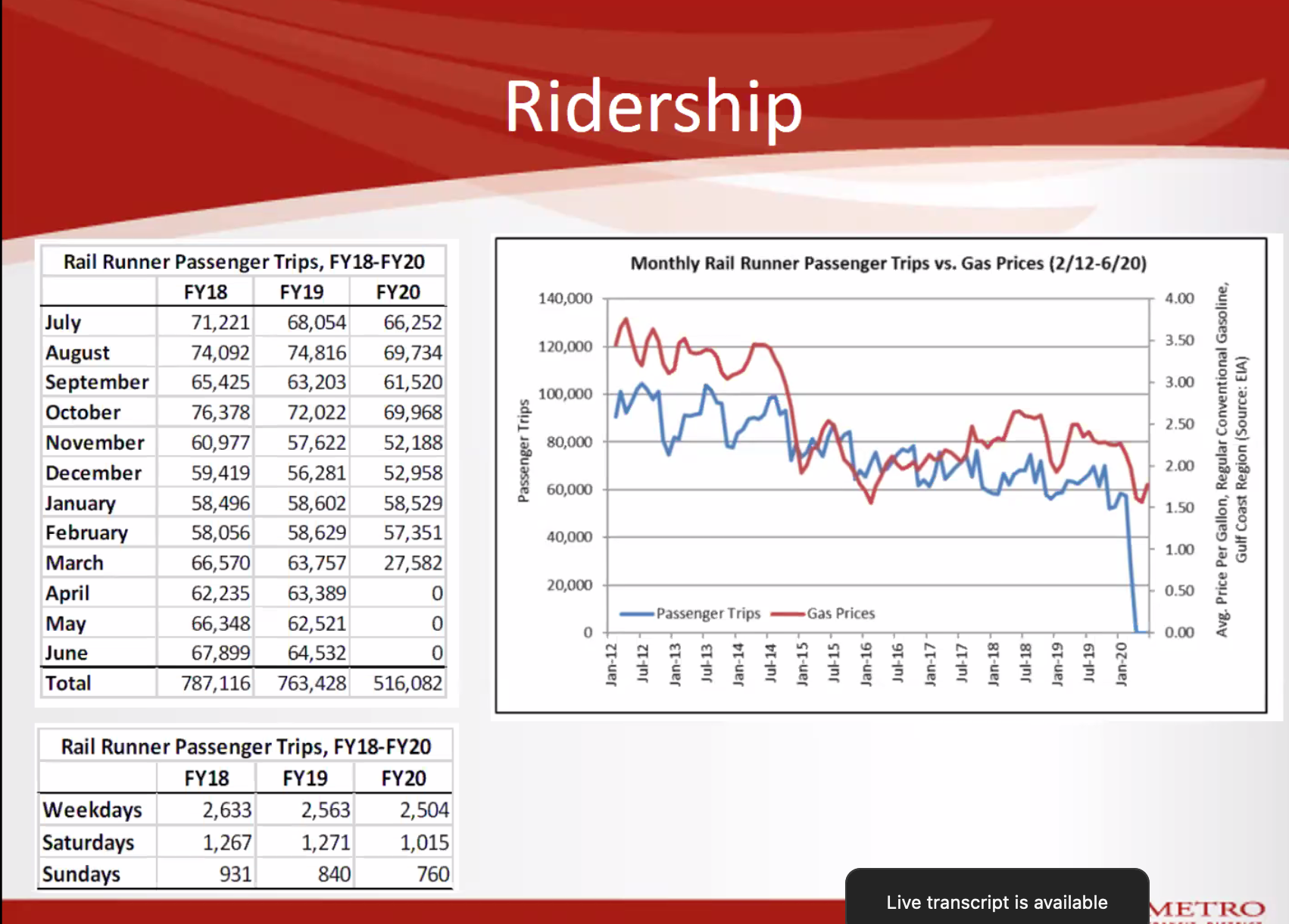












 WE went to
WE went to  Finally, we traveled twice to the Great Wolf Lodge in Scottsdale, AZ TWICE and did their ropes course and played in their waterpark which was open while nothing like that was available in New Mexico throughout.
Finally, we traveled twice to the Great Wolf Lodge in Scottsdale, AZ TWICE and did their ropes course and played in their waterpark which was open while nothing like that was available in New Mexico throughout.

 In big ways and small (and many more than listed here) we attempted to live both safely AND freely. This is just a fraction of the means we used to live free and enjoy life over the past year. None of the Gessing household including a 76 year old member of the household got COVID 19 over the past year.
In big ways and small (and many more than listed here) we attempted to live both safely AND freely. This is just a fraction of the means we used to live free and enjoy life over the past year. None of the Gessing household including a 76 year old member of the household got COVID 19 over the past year.